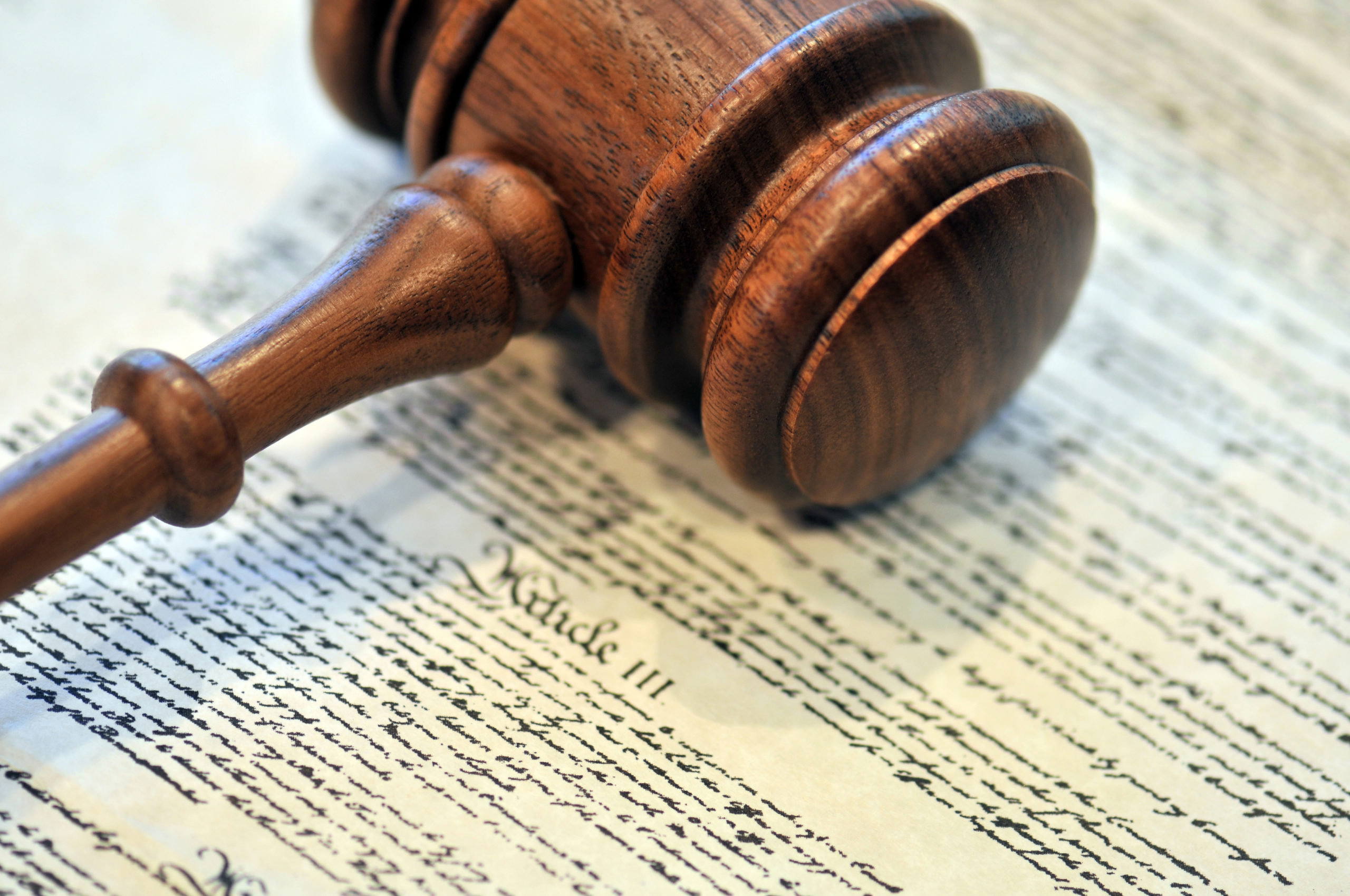Defamation of Character: Libel vs Slander
What Are Defamation Laws?
Your rights in libel or slander case are a delicate balance of respecting one’s right to freedom of speech and another’s right to protect her or his good name.
It doesn’t matter which side of a lawsuit you fall on. Make sure you know your rights, what lines the accused crossed, and what steps you should take next.
When it comes to a business person’s reputation, defamation laws are in place to protect you from untrue or damaging statements. Defamation of character is not a criminal act. However, it can lead to harm surrounding a person’s emotional, professional, and financial well-being.
By its definition, defamation is an all-encompassing term covering any damage to a person’s reputation. This is also referred to as “defamation of character.”
Courts face a balancing act when dealing with these cases. They must consider both the publisher’s right to freedom of speech and a person’s right to not be the subject of defamation of character.
Defamation laws vary by state, but generally, to win a lawsuit, the plaintiff must prove that:
- The publisher or defendant made false or harmful statements about the plaintiff.
- The defendant or publisher made a false or harmful statement about the plaintiff to a third party, knowing or even considering that it may be false.
- The publisher or defendant acted with negligence while publishing the communication about the plaintiff, without taking steps to confirm it as fact.
- The defendant published false statements that caused injury to the plaintiff or her or his business or reputation.
Once written, spoken, or expressed statements become public or published, parties other than the plaintiff must have seen the statements, and there should be traceable evidence of the effects the statements had on the plaintiff.
Is It Libel or Slander?
With defamation, there are two main branches one could face:
Libel
Any damaging written or published statements fall into the libel category. To prove this, the plaintiff must prove that:
- The defendant published a defamatory statement.
- Other people witnessed the defamatory statement.
Written and published libelous statements can remain public for an extended period and can continue causing the plaintiff harm. Because of this, prosecuting the defendant needs no other requirements.
Slander
This branch is more complicated because it revolves around what is said. For the plaintiff to prove slander, she or he must prove that the defendant made defamatory statements about the defendant to at least one other person. The plaintiff must have suffered damage like being fired, losing customers, or other financial harm as a direct result.
There is also slander per se, which covers a plaintiff who cannot prove the direct results of the slanderous statements. This coverage can vary state-to-state. But, if the plaintiff presumes that the statements were damaging, she or he can prove it by:
- Stating the plaintiff carried out criminal conduct
- Saying the plaintiff has certain types of infectious diseases
- Any harmful statements about the plaintiff’s profession or business
What Counts as Reference to the Plaintiff?
In a defamation lawsuit, the key factor is that the defendant intended to refer to the plaintiff in the communication. If the information’s recipient believes the content is about the plaintiff (with a reasonable connection), courts may consider the defendant accountable.
However, a defendant can publish defamatory material in the form of a story. This is only as long as the references are direct to fictional characters whom no person could reasonably connect to the plaintiff. Freedom of the Press stands as long as there was no intent to harm the plaintiff directly. Otherwise, it would be considered libelous.
An author publishing defamatory content about a specific group or class of people face a claim of libel if:
- The content refers to a group of people so small that anyone reading or listening can connect it to the plaintiff.
- The reader or listener can conclude that the material is about the plaintiff because of specific circumstances referenced in the publication.
When Should You Get Legal Help?
Do you believe you’re a victim of defamation of character? Pursue legal aid to avoid extensive damage to your character or business. Libel and slander cases can be emotionally challenging, but it is best to take action quickly to protect yourself. A legal professional can help you understand your rights, the laws surrounding your specific circumstances, whether you have a libel or slander case, and if you experience any invasion of privacy.
Whenever possible, obtain as much evidence as you can to support your claim. Having clear proof helps your attorney understand the extent of damage the defamation caused and gives your legal advocate grounds to prosecute.
Work With an Experienced Attorney
Charged with a defamation of character claim? Did someone defame you? You have a right to a legal defense. If you cannot pay for your own attorney, a court can appoint you a public defender. Although, if you can afford your own legal representation, hire an experienced private defense lawyer.
Get in contact with a private defense lawyer near you by using our directory feature today.
Submit a request online or call us today at (866) 345-6784 to get in touch with an experienced lawyer in your area!

